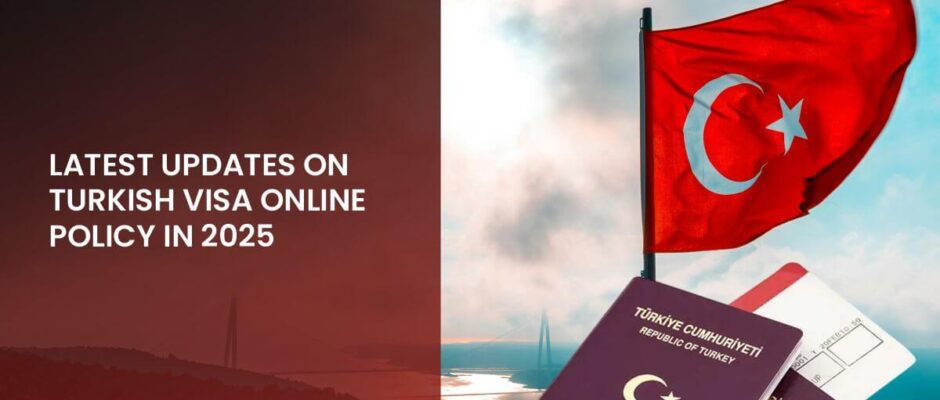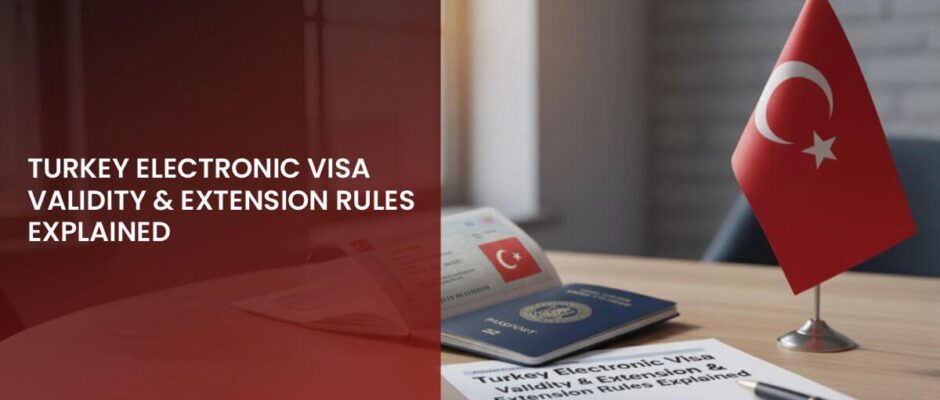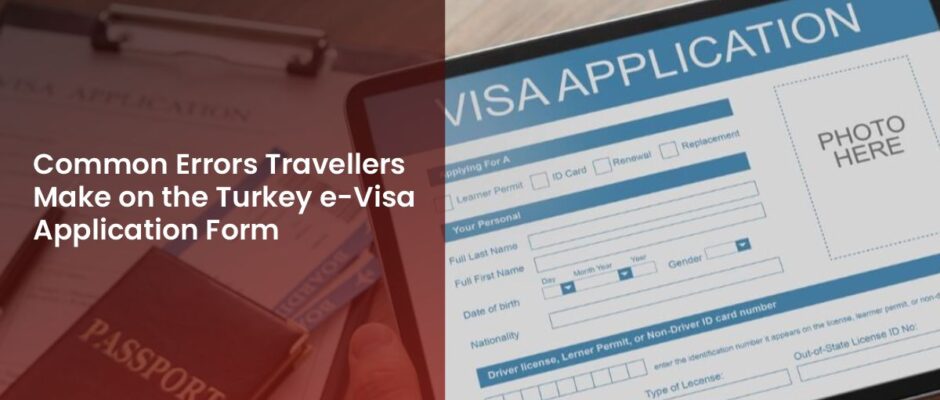Official Site vs Third-Party Turkey e-Visa Service: What’s the Difference?
Applying for a visa should be a simple process, but for many travellers, it often comes with confusion — especially when deciding whether to apply through the official Turkish government e-Visa portal or use a third-party service that helps with the process. If you’re planning a trip to Turkey and wondering which option suits you best, this article breaks down the real differences between the official site and third-party visa assistance providers. You’ll learn how each works, what you’re paying for, how to stay safe, and how to make the best decision for your situation. Let’s unpack everything you need to know about the Turkey e-Visa Application process — so you can apply with confidence and avoid common pitfalls. What Is the Turkey e-Visa and Why Does It Matter Turkey introduced its electronic visa system in 2013 to simplify travel entry for citizens of eligible countries. The Turkey e-Visa allows travellers to apply, pay, and receive their visa entirely online — without visiting an embassy or consulate. It’s a convenient alternative to traditional visa stamping. Once approved, the e-Visa is sent via email and linked electronically to your passport. Travellers just print it or show the digital copy on arrival. The e-Visa is typically valid for tourism or short business visits, usually for up to 90 days within a 180-day period, depending on nationality. Because of how straightforward it sounds, many travellers assume there’s only one place to apply. But that’s where confusion begins — multiple websites offer “Turkey e-Visa services,” and not all are official. The Two Main Options for Applying When you search online for “Turkey e-Visa,” you’ll find two primary types of results: 1. Official Government Site: The Turkish government’s official e-Visa website (www.evisa.gov.tr) is managed by the Ministry of Foreign Affairs. It’s the only official channel for direct visa issuance. 2. Third-Party Service Providers: These are private companies that help applicants submit their e-Visa applications to the official system. They charge an additional service fee on top of the government visa fee for support and convenience. Both options are legal and can result in a valid visa — but they serve different purposes and have distinct advantages and trade-offs. Understanding the Official e-Visa Site The official e-Visa website is the government-run platform. It’s designed for travellers who are comfortable completing their own visa form and making payments online without external help. Here’s what applicants can expect: 1. Direct Application You fill out the form directly on the official system. The process includes entering passport details, selecting travel dates, and paying the official fee using a credit or debit card. 2. Low Cost The only charge you pay is the official government visa fee — no extra service or processing fees. 3. Simple Processing Once submitted, most e-Visas are approved within minutes, and the approved document is emailed immediately. 4. Responsibility of the Traveller The applicant is responsible for ensuring all data is correct. Any mistake — even a small typo in the passport number or date — can lead to rejection or issues at the border. 5. No Dedicated Support If an applicant needs help or has questions, the only available assistance is through basic contact forms or FAQs on the government portal. There’s no live chat or personal guidance. The official site is perfect for travellers who are confident, tech-savvy, and comfortable handling the application on their own. What Third-Party Services Offer Third-party providers operate independently from the Turkish government. Their goal is to make the visa process more convenient for applicants who prefer assistance. While they use the same official e-Visa system for submission, they add value through extra support, guidance, and additional services. Here’s what typically differentiates them: 1. Professional Application Assistance Third-party platforms usually have teams that review your information for accuracy before submitting it. This helps reduce the risk of rejection caused by typos or incomplete details. 2. Customer Support Unlike the government site, these services often provide 24/7 customer support via chat, email, or phone. Travellers can ask questions, get updates, or request corrections before submission. 3. Additional Payment Options Some private providers accept a wider range of payment methods — such as PayPal, regional cards, or alternative currencies — making it easier for applicants from countries with limited card access. 4. Travel Convenience Services Certain third-party websites go beyond visa help, offering travel insurance add-ons, entry requirements guidance, or airport assistance — providing a one-stop solution. 5. Simplified Interface and Multilingual Options While the official site is mostly in English and Turkish, third-party portals often provide translations in multiple languages, simplifying the process for non-English speakers. These advantages make third-party providers a good fit for travellers who value convenience, reassurance, and customer support — even if it comes at a higher price. Comparing Official vs Third-Party: The Key Differences To make the comparison clear, here’s a breakdown of the main differences between the two options: Feature Official Government e-Visa Site Third-Party e-Visa Service Authority Operated by the Turkish Ministry of Foreign Affairs Operated by independent companies Cost Only the official visa fee Visa fee + service charge Support Limited (FAQs, email only) 24/7 customer assistance Processing Automatic system-based Human review before submission Error Handling Applicant responsible Service team reviews for accuracy Languages English & Turkish Multiple language options Extras None May include travel add-ons Each option has its benefits. The official site is straightforward and budget-friendly, while third-party services prioritize user support and simplicity. Why Many Travellers Choose Third-Party Services While the official website works well for experienced users, third-party platforms continue to grow in popularity — and not just because of convenience. 1. Reduced Error Risk Mistakes on the visa form are a common issue. Even a wrong letter in your name or a misplaced passport number can make the visa invalid. Third-party providers manually review applications before submission to ensure accuracy. 2. Time Savings Travellers who are in a hurry or not confident with online forms appreciate having experts handle the process. Most providers can deliver



